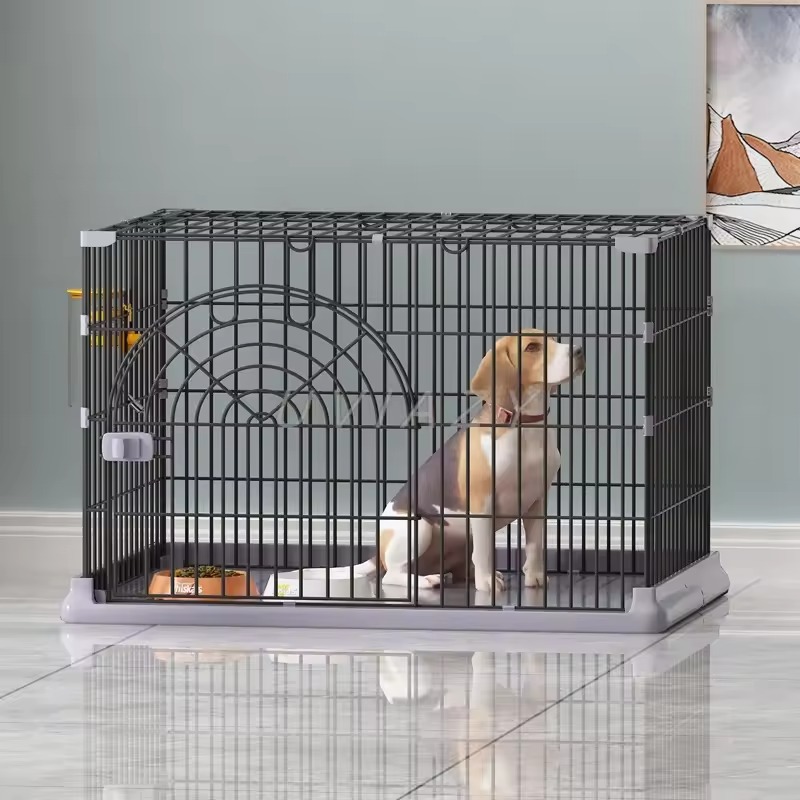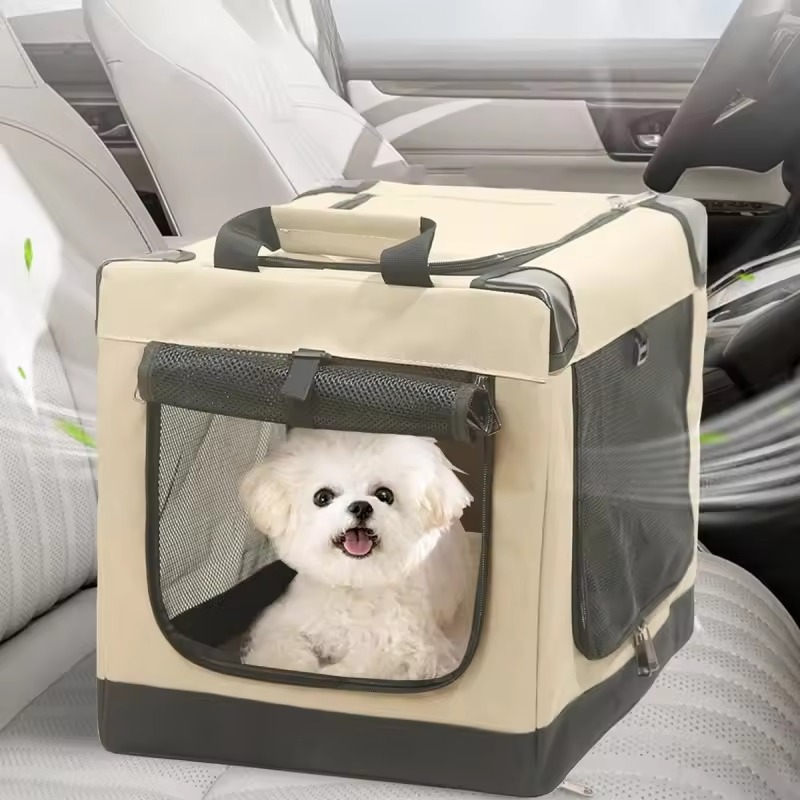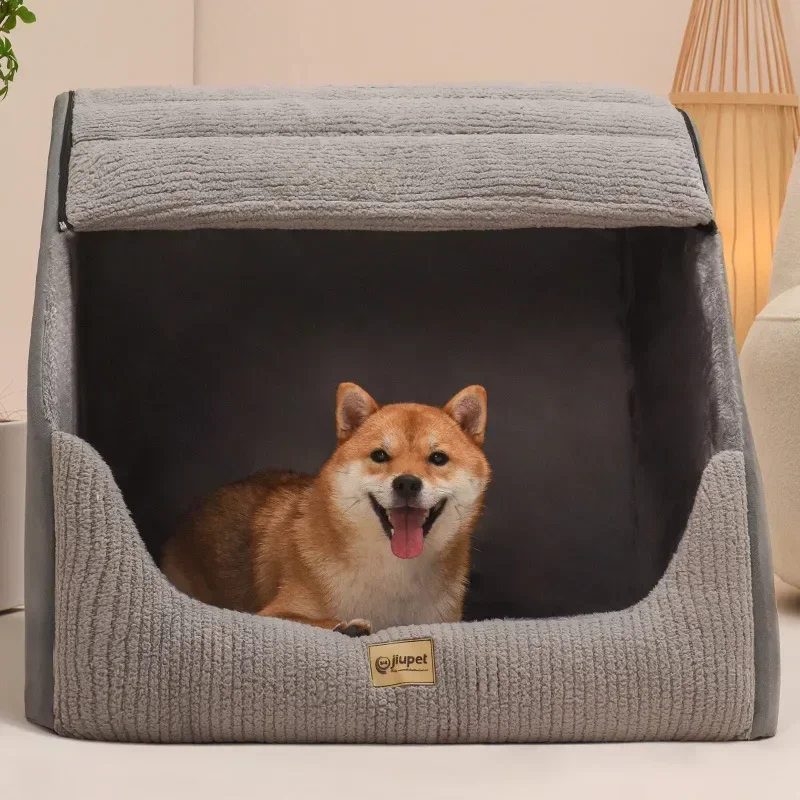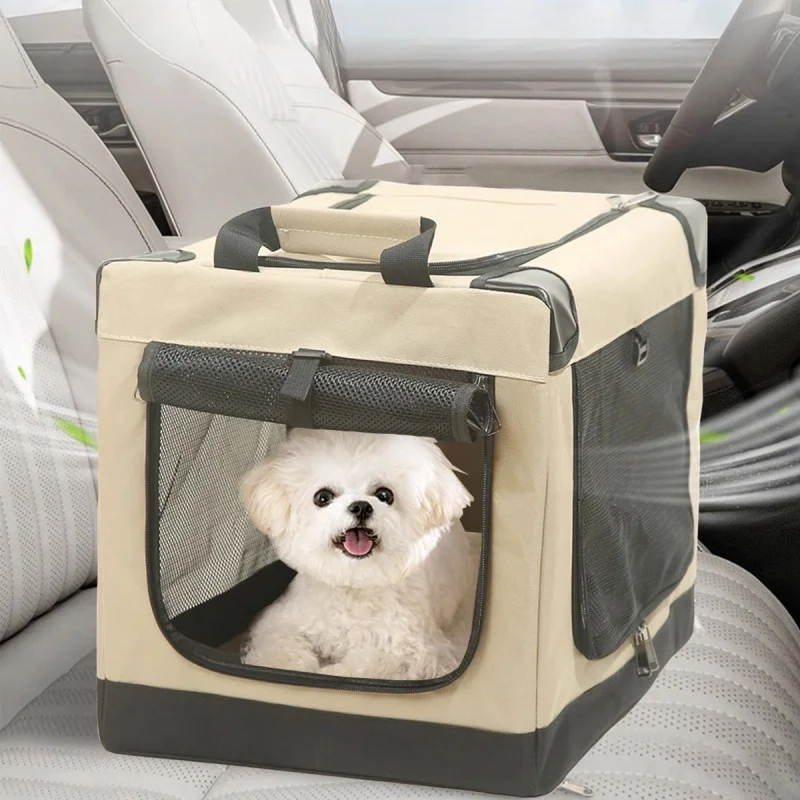Overview of Kennel Cough in Dogs
How long can kennel cough last? Kennel cough is a widespread upper respiratory infection in dogs. It is caused by various viruses and bacteria. The main symptoms are a persistent cough, retching, and sometimes mucus. Dogs can easily catch it when in close contact with infected animals. Places like kennels, dog parks, and shelters are common sources for the spread of the infection. Dog owners often know it by the distinct cough that seems harsh and dry. Kennel cough can affect dogs of all ages, but it’s often more severe in puppies and older dogs. The duration of the cough can vary, typically lasting for one to three weeks. However, some cases may last up to a month. Owners should be patient and follow their vet’s advice for treatment and care.

Causes and Transmission of Kennel Cough
Kennel cough, or Infectious Canine Tracheitis, is mainly caused by a mix of viruses and bacteria. Viruses such as the Canine Parainfluenza, Canine Adenovirus, and Canine Coronavirus are common culprits. Bacteria involved often include Bordetella bronchiseptica. These pathogens can rapidly spread among dogs housed close together, like those in kennels. Dogs can also catch it in places like parks or shelters, or any space where they encounter other dogs.
Dogs get kennel cough through airborne droplets from an infected dog’s cough. It can spread through direct contact or shared items like water bowls or toys. Poor ventilation in crowded spaces makes it easier for the infection to spread. It’s important to note that a dog’s immune system can affect their susceptibility. Young puppies, older dogs, or those with weaker immune systems are at higher risk.
In summary, kennel cough spreads swiftly among dogs through airborne particles and close contact. It thrives in poorly ventilated, crowded environments. Knowing the causes and transmission methods is key to prevention and control.
Typical Symptoms of Kennel Cough
Kennel cough is known for its distinct cough. It sounds harsh and comes off as dry. Signs include a strong hacking noise. Dogs may retch and attempt to clear their throats. Some may produce mucus or phlegm when they cough.
Others could show signs of a runny nose or sneeze. Their eyes may water, adding to the discomfort. The cough can get worse with activity or pressure on the throat. This may cause distress in affected dogs. Owners might also notice a change in their dog’s energy levels.
In severe cases, some dogs develop a fever. They could lose interest in food or play. Their breathing might become labored in rare cases. If this happens, it’s urgent to call a vet. The vet can check for complications, like pneumonia.
These symptoms help pet owners spot kennel cough. It’s crucial to know what to watch for. Quick action can prevent it from getting worse. Owners should keep an eye on their dogs and consult their vet with any concerns.
Analyzing the Duration of Kennel Cough Symptoms
When your dog catches kennel cough, it’s stressful for both of you. The duration of kennel cough varies. Most often, symptoms persist for one to three weeks. In some cases, they can last up to a month.
Week-by-Week Breakdown of Symptoms
During the first week, symptoms are at their peak. You’ll notice the dry, hacking cough and possible retching. Your dog might show more serious signs, like a fever or runny eyes. It’s key to monitor them closely.
In the second and third weeks, coughing fits become less frequent. Symptoms start to lighten as your pet’s immune system fights back. You may see less retching and a return of their regular behavior and appetite.
If symptoms endure beyond three weeks, consult your vet. They could suggest tests or change treatments based on your dog’s needs. It is vital not to rush recovery. Let your dog heal at its own pace.
Remember, the info shared here aligns with findings from experts like Dr. Hannah Godfrey and is supported by extensive research found in leading veterinary blogs. Patience is essential during your canine companion’s recovery time from kennel cough.

Treatment Options for Kennel Cough
Treating kennel cough in dogs depends on the severity and the dog’s overall health. Mild cases may not need medical treatment. Healthy dogs often recover with rest and good care at home. However, more serious cases require a vet’s intervention. Here’s what a treatment plan might include:
Antibiotics
If bacteria aggravate the infection, vets may prescribe antibiotics. These drugs target bacterial causes, not the viral ones. Antibiotics might also prevent more severe diseases, like pneumonia.
Cough Suppressants
For intense coughing, cough suppressants can help. They make dogs more comfortable. But use them with care, as they can slow the clearing of mucus.
Anti-inflammatory Medications
These medications ease throat soreness. They reduce swelling and can help with fever. This makes your dog feel better and may decrease coughing incidents.
Home Remedies
Some gentle home treatments can help ease symptoms. A humidifier can moisten the air and soothe your dog’s throat. Honey may also calm a harsh cough.
Supportive Care
Keeping your dog warm and comfortable is key. Ensure they get enough water to stay hydrated. Dogs with kennel cough need quiet and rest to recover.
Regular Monitoring
Watch your dog’s symptoms closely. If they worsen, let your vet know immediately. Early attention to changes can prevent complications.
For any treatment, follow your vet’s instructions closely. Do not use over-the-counter drugs without consulting them. Every dog is different, so consider your pet’s specific needs. Recovery times vary, so patience is important. Always check with a vet if there’s any doubt about the best care route.
Understanding the Contagious Period of Kennel Cough
Kennel cough is highly contagious among dogs. Its spread is swift and can happen anywhere dogs gather. Let’s look at how long kennel cough is contagious and what precautions to take.
Identifying the Contagious Phase
The contagious phase begins when a dog first shows symptoms. Usually, this happens a few days after exposure. The most risky time is when symptoms are strongest. Especially the first week. At this time, your dog could easily infect others.
Duration of Contagiosity
Contagiosity can last as long as the infection is present. Typically, this is between one and three weeks. However, it can stretch to a month in some cases. During this time, limiting contact with other dogs is crucial.
Returning to Normal Activities
Wait at least 48 hours after the last symptoms before normal activities. This includes walking your dog in public places. The wait ensures other dogs are not at risk.
Best Practices to Prevent Spread
When your dog is contagious, avoid dog parks and similar areas. Use a leash in quiet places and steer clear of close contact with other dogs. Ensure your dog’s items, like bowls and toys, are not shared.
Post-Recovery Precautions
After your dog recovers, clean and disinfect their belongings. This reduces the risk of the virus or bacteria lingering. A vet check-up can also confirm your dog is no longer contagious.
Remember, during the contagious period, it’s crucial to keep your dog away from others. This prevents the spread and helps protect the health of all dogs in the community. Always consult your vet for advice tailored to your dog’s situation.
Guidelines for Walking Dogs with Kennel Cough
When your dog has kennel cough, regular walks present a dilemma. You must balance their need for exercise with the risk of spreading the illness. Here are simple guidelines for walking your dog during this period.
Exercise with Caution
Keep your dog on a leash and choose quiet routes for walks. Avoid areas where other dogs go, like parks or busy streets.
Shorten Walk Times
Opt for shorter strolls that don’t tire your dog. Too much activity can worsen their cough.
Postpone Socializing
Postpone playdates and visits to dog parks until your pet is fully recovered. This helps stop the infection from spreading.
After Symptoms Subside
Wait 48 hours after the last cough before resuming normal walk routines. This ensures your dog is less likely to spread kennel cough.

Cleanliness is Key
After walks, clean your dog’s paws and coat. This might reduce the spread of kennel cough to other areas or pets at home.
By following these steps, you keep your dog active while also keeping other dogs safe. Always listen to your vet’s advice regarding your dog’s health and activities during and after kennel cough.
Prevention and Vaccination Strategies Against Kennel Cough
Preventing kennel cough is key to keeping your dog healthy. Vaccinations play a big role in prevention. Use these strategies to shield your pet from this infection.
Vaccination Recommendations
Vaccines can protect dogs from key kennel cough pathogens. Vets often suggest shots for parainfluenza and Bordetella. Canine adenovirus and distemper shots also help. These are part of core dog vaccines. Bordetella shots are extra for dogs at high infection risk.
Vaccine Effectiveness
Vaccines reduce illness severity and duration but don’t prevent infection totally. For dogs, this means fewer and milder symptoms. Vaccines help, even if dogs catch kennel cough after their shots.
Timing of Vaccination
Puppies should start their shots early. They need several doses for full protection. Time between shots is important. Ask your vet when the next shot is due. For adult dogs, boosters keep immunity strong.
Reducing Exposure Risks
Keep your dog away from high-risk places like busy parks or kennels. Good ventilation is vital in spaces where many dogs meet. This helps stop the spread of the infection.
Cleanliness and Hygiene
Clean and disinfect your dog’s toys, bowls, and sleeping area often. This lessens the chance of them catching or spreading the disease. Hygiene is important, especially after your dog recovers from kennel cough.
Health Check-ups
Regular vet visits can catch health issues early. They ensure your dog stays up to date on vaccinations. This is crucial for ongoing kennel cough prevention.
Preventing kennel cough takes effort but is worth it to save your dog from discomfort. Stay informed, keep up with shots, and maintain good hygiene. These actions help keep kennel cough at bay.
